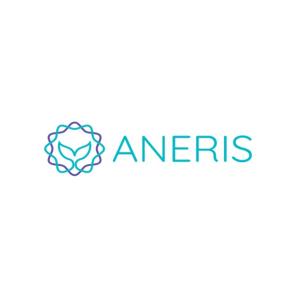 \
&
Contact us
\
&
Contact us
 \
&
Contact us
\
&
Contact us
Published on | 2 months ago
ProgrammesThe updated MSCA Green Charter and supporting guidance documents have been published last month. The Charter sets out non-binding principles promoting environmental sustainability in research practices, covering topics such as research-related travel and events, resource-intensive research settings, data, hardware and software usage. The Charter is addressed to researchers, research managers, research groups, organisations and consortia participating in projects funded by the MSCA. While the relevance of the charter’s principles and recommendations may vary depending on the MSCA participants and projects, the guidance documents are there to help everyone find the resources they need depending on their own situation.
The next MSCA lunchtime conversation (5 December 12:30-14:00) is about the topic ‘Making AI Sustainable – how can we minimise the environmental cost of AI?’. More information can be found in the webinar announcement.
We offer news and event updates, covering all domains and topics of Horizon Europe, Digital Europe & EDF (and occasionally, for ongoing projects, Horizon 2020).
Stay informed about what matters to you.
By signing up, you can opt in for e-mail notifications and get access to
a personalised dashboard that groups all news updates and event announcements in your domain(s).
Only for stakeholders located in Flanders

Funded under Horizon Europe (HORIZON-INFRA-2022-TECH-01) and running from 2023 to 2026, the ANERIS project aims to tackle the rapid loss of ocean biodiversity. The project’s main objective is to develop, test and implement the next generation of scientific instrumentation tools and methods for sensing and monitoring marine-life. Another key concept of the project is the introduction of the concept of Operational Marine Biology (OMB) as a biodiversity information system. The project consortium consists of 25 partners from 13 countries. Read more about the project and the contribution of Flemish partner VLIZ in this testimonial.